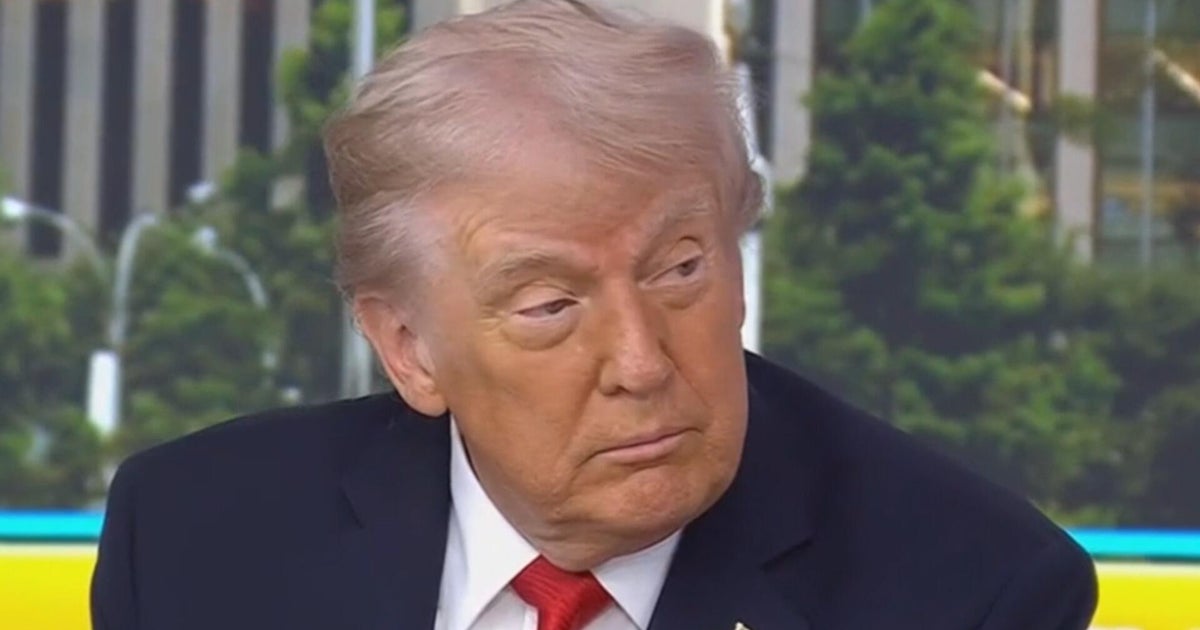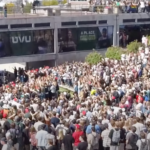In a significant political and strategic maneuver, President Donald Trump reversed his earlier decision to deploy the National Guard to Chicago, opting instead for Memphis, Tennessee. This announcement, made during a “Fox and Friends” interview, marks a pivotal shift in the administration’s domestic approach amid increasing urban tensions and security concerns in the United States.
Previously, the Trump administration had sent mixed signals regarding the deployment of National Guard troops to Chicago. This indecision came during a period of heightened immigration enforcement, notably during “Operation Midway Blitz.” Until recently, there was an ongoing public and media speculation surrounding the federal government’s plans concerning Chicago. On a prior occasion, Trump hinted at a possible reassignment of these forces to another city, which he confirmed in the recent televised discussion.
During the interview, President Trump candidly disclosed his change of plans, stating, “I’ll be the first to say it now, we’re going to Memphis.” He expressed a personal preference for Chicago but cited a conversation with a significant figure in the railroad industry as influencing his decision. According to Trump, this unnamed individual, alleged to be linked to Union Pacific — a notable entity in the rail sector — strongly advised redirecting the National Guard to Memphis due to severe security concerns. Trump recounted being told that during a visit to Memphis, the security situation was so dire that the individual could not traverse even a single block on foot and had to use an armored vehicle instead.
It’s important to clarify that while Trump did not specify the individual from Union Pacific, the current CEO is Jim Vena, and the company’s most recent president, Beth Whited, resigned at the start of July with no immediate successor announced.
In his narrative, President Trump conveyed a poignant warning from the unnamed executive regarding Chicago, quoting him as saying, “Don’t lose Chicago. You’re gonna lose Chicago, sir. It’s a great city. You’re gonna lose Chicago.” This statement suggests a deep concern about the potential decline or deterioration of Chicago, although the specifics of what “losing” the city entails were not elaborated upon during the interview.
Amid these discussions, Illinois Governor JB Pritzker has been a vocal critic of deploying the National Guard to Chicago, emphasizing that such military intervention is unwanted and unnecessary in the city. This stance was a response to Trump’s inflammatory and militaristic rhetoric, which Pritzker countered strongly on social media, condemning the idea of treating American cities as battlefields.
Governor Pritzker’s fierce opposition aligns with his broader criticisms of President Trump’s approach to governance and civic management. He responded to Trump’s announcement regarding Memphis by reiterating his disapproval of using military forces as tools in political maneuvers, highlighting the impropriety of such actions, which he viewed as an insult to the dignity of the military.
Furthermore, in Memphis, the discourse around the deployment of the National Guard was met with a measured response. Mayor Paul Young of Memphis issued a statement emphasizing his commitment to community and progress, advocating for targeted initiatives and resources to bolster local law enforcement rather than a broad military presence.
The context of Trump’s decision is layered with both political and social implications, pointing to a broader national discourse on safety, governance, and the role of military forces in civilian affairs. While the decision ostensibly addresses security concerns, it also raises questions about federal priorities and the implications for civil liberties.
As the situation develops, the responses from officials and the community will likely influence the trajectory of this policy and its impacts. The dialogue surrounding these deployments — both in Memphis and potentially in Chicago — remains a contentious issue that encapsulates broader national debates over security, governance, and civil-military relations.
In retrospect, the decision to redirect the National Guard from Chicago to Memphis encapsulates a complex interplay of security, political rhetoric, and leadership dynamics. As communities and leaders navigate these turbulent waters, the unfolding events will likely serve as a critical juncture in U.S. domestic policy and civic engagement. With the national and local responses continuing to evolve, the full implications of this shift remain to be seen, resonating through the corridors of power and the streets of America’s cities.









